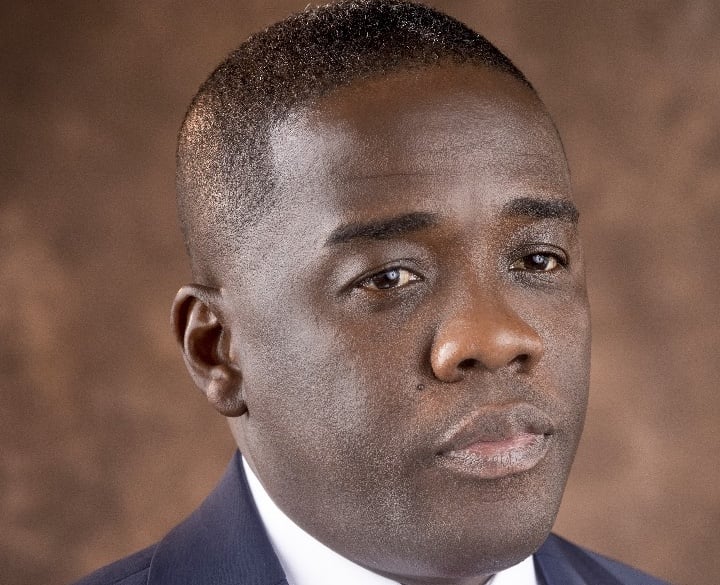The Removal of Chief Justice Torkornoo: A Threat to Ghana’s Democratic Foundations
The dismissal of Chief Justice Gertrude Torkornoo by President John Dramani Mahama has ignited a firestorm of controversy, with critics decrying the move as a blatant assault on judicial independence and a dangerous precedent for Ghana’s democracy. Member of Parliament for Bekwai, Ralph Poku-Adusei, has vehemently condemned the action, characterizing it as a calculated maneuver to undermine the judiciary and consolidate executive power. He argues that this is not simply about the removal of an individual, but a deliberate erosion of the checks and balances essential to a functioning democracy. The judiciary, traditionally the bulwark against executive overreach, has been weakened, potentially jeopardizing the rights and freedoms of Ghanaian citizens.
The process leading to the Chief Justice’s removal has been questioned by many. President Mahama initiated the process following three petitions alleging misconduct against Justice Torkornoo. He then suspended her, pending the outcome of an investigation by a five-member committee. This committee, composed of judges, a former Auditor-General, a military officer, and a university professor, ultimately submitted a report that led to the Chief Justice’s dismissal. However, critics argue that the entire process lacked transparency and was politically motivated, designed to remove a Chief Justice perceived as unfavorable to the executive branch.
The timing and context of the removal raise further concerns. Justice Torkornoo was actively challenging her suspension at the ECOWAS court, and international bodies like the Ghana Bar Association, the Bar Council of England and Wales, and the Commonwealth Lawyers Association were calling for her reinstatement. These appeals were seemingly ignored, reinforcing the perception that the process was predetermined and intended to silence dissent. Mr. Poku-Adusei has warned that this precedent could embolden future governments to manipulate the judiciary for political gain, transforming it into an instrument of executive power rather than an independent arbiter of justice.
The implications of this action extend far beyond the individual case of Justice Torkornoo. It strikes at the heart of Ghana’s constitutional democracy, potentially eroding public trust in the judiciary and undermining the rule of law. The judiciary’s role as a protector of rights and freedoms is now in question, creating an environment of uncertainty and fear. If the executive can remove the head of the judiciary with perceived impunity, citizens may lose faith in their ability to seek redress through the courts.
The dismissal of the Chief Justice has also raised broader questions about the health of Ghana’s democratic institutions. Mr. Poku-Adusei has called upon civil society organizations, the Ghana Bar Association, religious leaders, and ordinary citizens to defend judicial independence. He argues that a vibrant democracy requires a strong and independent judiciary capable of holding the executive accountable. This call for collective action underscores the gravity of the situation and the need for a concerted effort to safeguard Ghana’s democratic principles.
The removal of Chief Justice Torkornoo serves as a stark reminder of the fragility of democratic institutions. It highlights the importance of vigilance and the need to actively defend the principles of separation of powers, judicial independence, and the rule of law. The events surrounding this dismissal have raised serious concerns about the future of Ghana’s democracy, and the response from civil society and international organizations will be crucial in determining whether this incident marks a turning point or a temporary setback. The future of Ghana’s judiciary and the integrity of its democracy hang in the balance.


